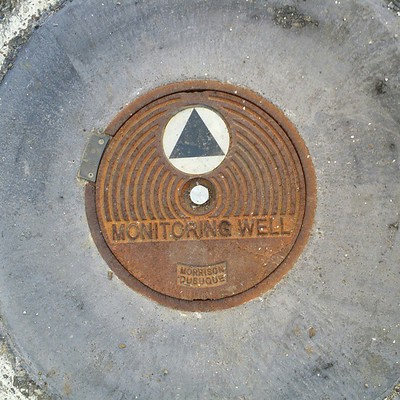The most recent Board retreat included a long discussion of WCC’s latest master plan. One high-priority element of the plan includes “non-core student services.” This part of the plan re-imagines services in the Student Center that don’t specifically relate to academics. One of the services mentioned was dry cleaning.
Dry cleaning.
At first, I thought I misunderstood the speaker. Then he said it again.
Dry cleaning.
I didn’t misunderstand the speaker, but I’m at a loss to understand why any student would want, need or patronize a dry cleaning business in the Student Center Building.
First, students don’t buy clothes that require dry cleaning – which checks out because they also don’t have the money to pay for dry cleaning. Community college students don’t come to class in three-piece suits and silk dresses. They are enrolled in occupational or vocational education programs. They’re working with their hands in labs or shops. They’re learning how to weld things, or fix cars. And they’re not doing these things while wearing their Sunday best.
For the rational person, that should conclude the “business case” for putting a dry-cleaning business in the Student Center Building. Sadly, the desire for this “high-priority” item isn’t being driven by rational people.
The economy of non core student services
From an economic standpoint, the dry cleaning industry is on shaky ground. Revenues have dropped nearly 20% since 2010, and they’re not coming back. Fast fashion has a strong appeal to students because it is inexpensive and doesn’t require intensive maintenance.
A retail business in a campus building should probably appeal to 12,000 students rather than two-dozen executives. For the business operator, the benefit of being on campus is the captive consumer. As the exclusive dry cleaner on campus, it would be frustrating to watch 12,000 people clad in pajama pants and sweatshirts stream past the doors. Every day.
No one wants a brownfield on campus
From an environmental standpoint, a dry cleaning operation is one of the most toxic, unfriendly businesses one can legally operate. Given the current concern regarding PFAS, PFOS and PFOA contamination in waterways and groundwater, who would even entertain putting a dry cleaning business on campus? Currently, Washtenaw County has 67 known brownfields. We don’t need to create another one. Given WCC’s deferred maintenance track record, taxpayers do not need the brownfield liability or clean-up costs associated with a dry cleaning business.
This is just another sad example of how out-of-touch the WCC administration is. The taxpayers have undoubtedly spent tens of thousands of dollars on the College’s master plan. We should get more out of non core student services than a brand-new brownfield in the Student Center Building.
Photo Credit: nolapoboy, via Flickr.com






